Guidance for delivering training
In this module
All training materials are geared towards skilled facilitators to deliver content in an (online or offline) group setting. The training modules were developed to address 7 key competency domains for those working in community engagement and/or communications related fields, and who aim to utilise social science as part of an emergency response or in preparation for future crisis. The 7 modules within this training package are based upon these 7 key competencies. Each module is made up of multiple sessions (27 in total) with each individual session having a specific focus and learning outcome relating directly to the competency statement developed for each domain. Each session has a ‘Facilitator Guide’ which provides a detailed guide for delivering the training, and a ‘Facilitator PowerPoint’ presentation which summarizes content presented in the guide. Most sessions contain additional Handouts, ‘dummy’ data for practicing data collection and analysis skills, and other materials relevant to the session.
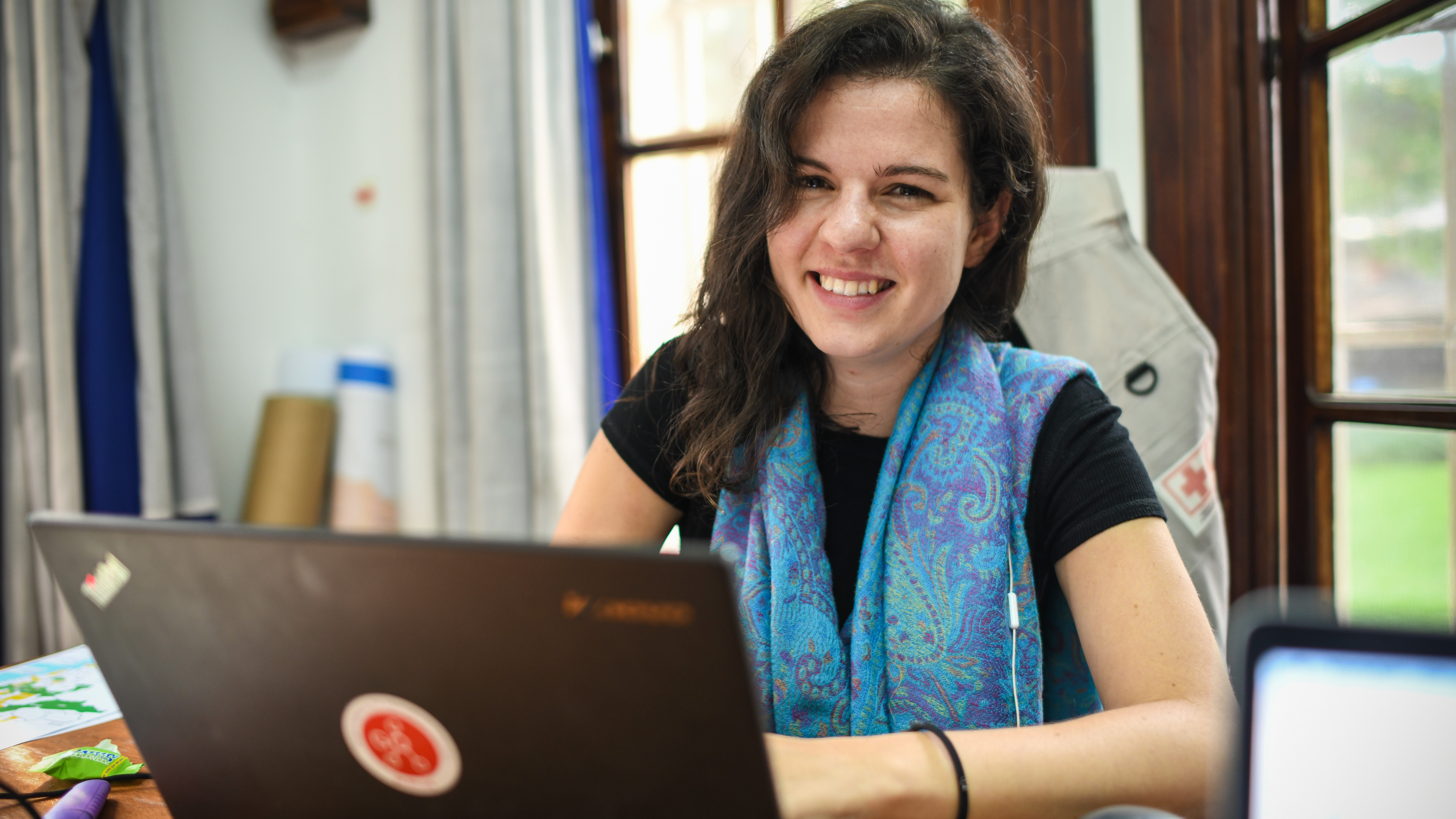
Content
It is highly recommended that anyone utilizing this training package, first go through all materials within Module 0. Each of the documents provided here form an important step towards adapting and delivering the social science training package to achieve your organization priorities and fulfill the needs of individual learners:
- Review a concise (2-page) overview of what is included in the package and how it can be used to assist with achieving your organization priorities for emergency preparedness and/or response.
- Learn how to assess social science and social behaviour change capacities within your institution to design training activities which are reflective of organizational priorities, needs, and current and future (anticipated) capacities.
- Understand the core competencies each training modules seeks to build to ensure these align with organizational priorities and inform the selection of trainers to facilitate delivery of quality sessions.
- Engage selected trainees (either individually or under the guidance of trainer) to take a learning needs assessment to determine which of the training modules and sessions are recommended for building desired knowledge, skills and attitudes of direct relevance to their job performance.
- Review the guidance note in order to benefit from key tips on how to best position the training (including recommended facilitator and trainee characteristics), how session content can/should be adapted for local audiences, and to access sample training agendas.
Materials
Modules
The training modules were developed to address key social science competency domains for those working in community engagement and/or communications related fields. Each module is made up of multiple sessions. Each individual session has a specific focus and learning outcome, which relates directly to the competency statement developed for each domain.

Guidance for delivering training
0
1
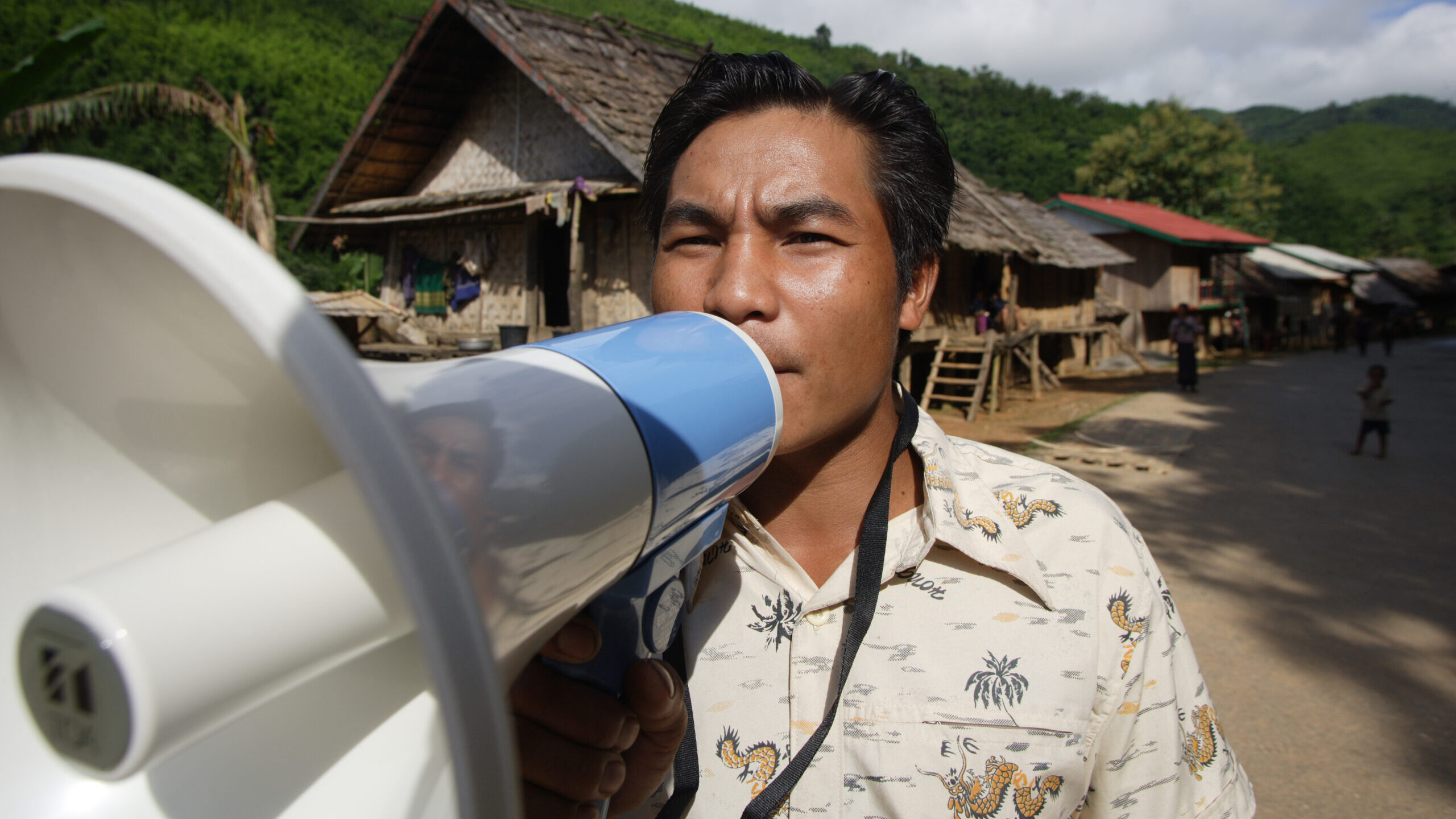
Social Science in humanitarian action and health emergencies
2
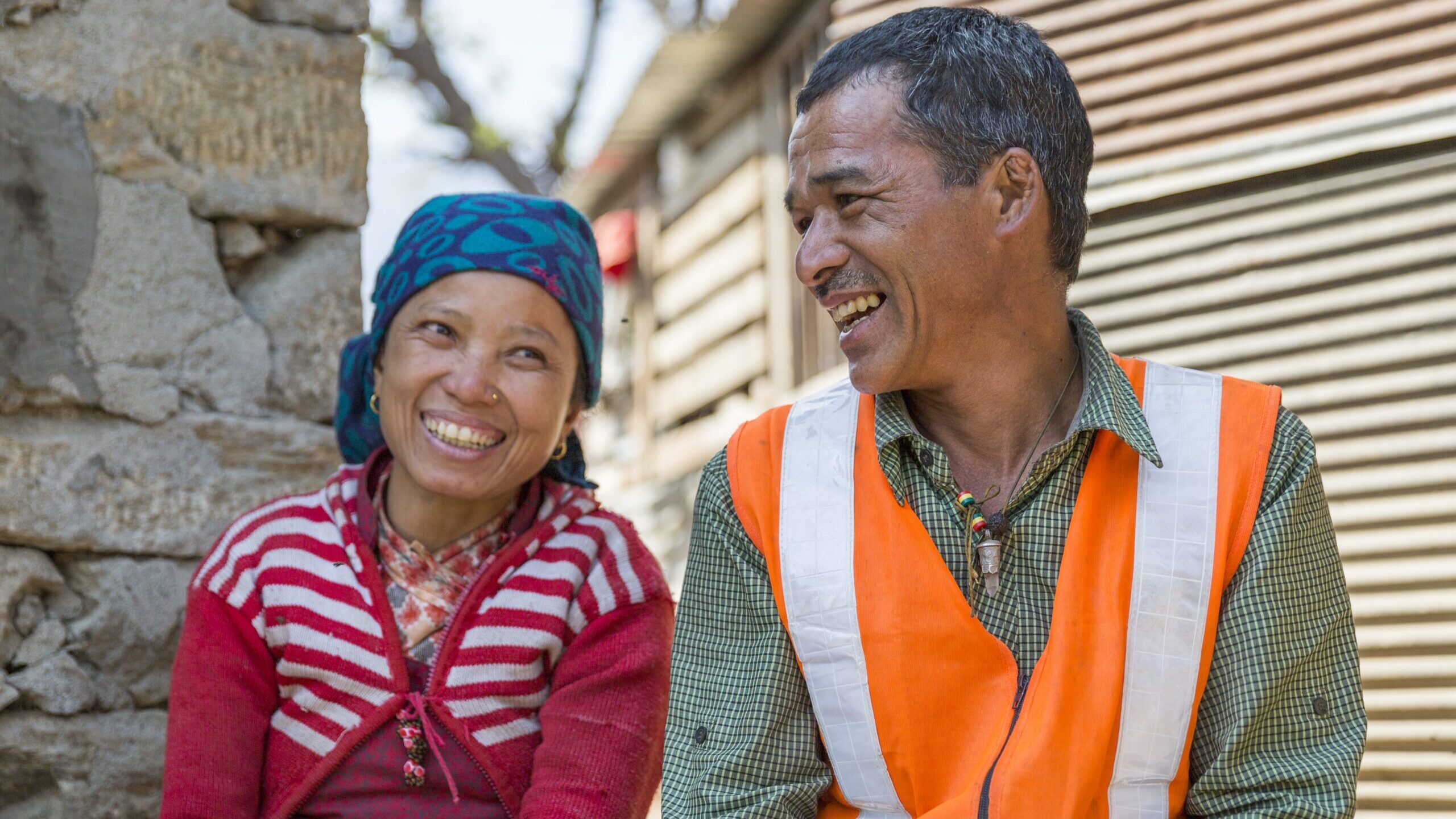
Context analysis and behavioural drivers and barriers
3
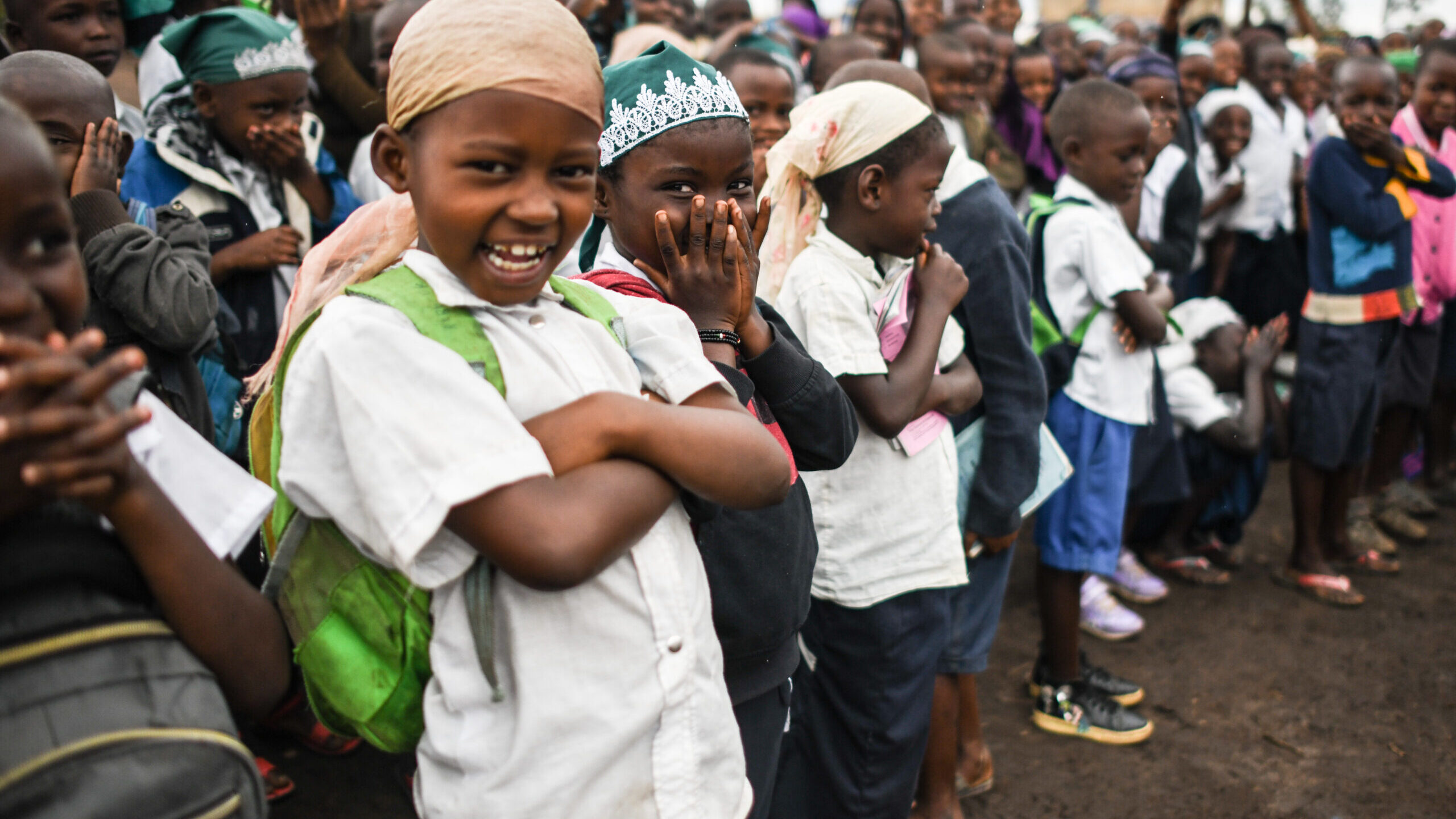
Ethics in operational research
4
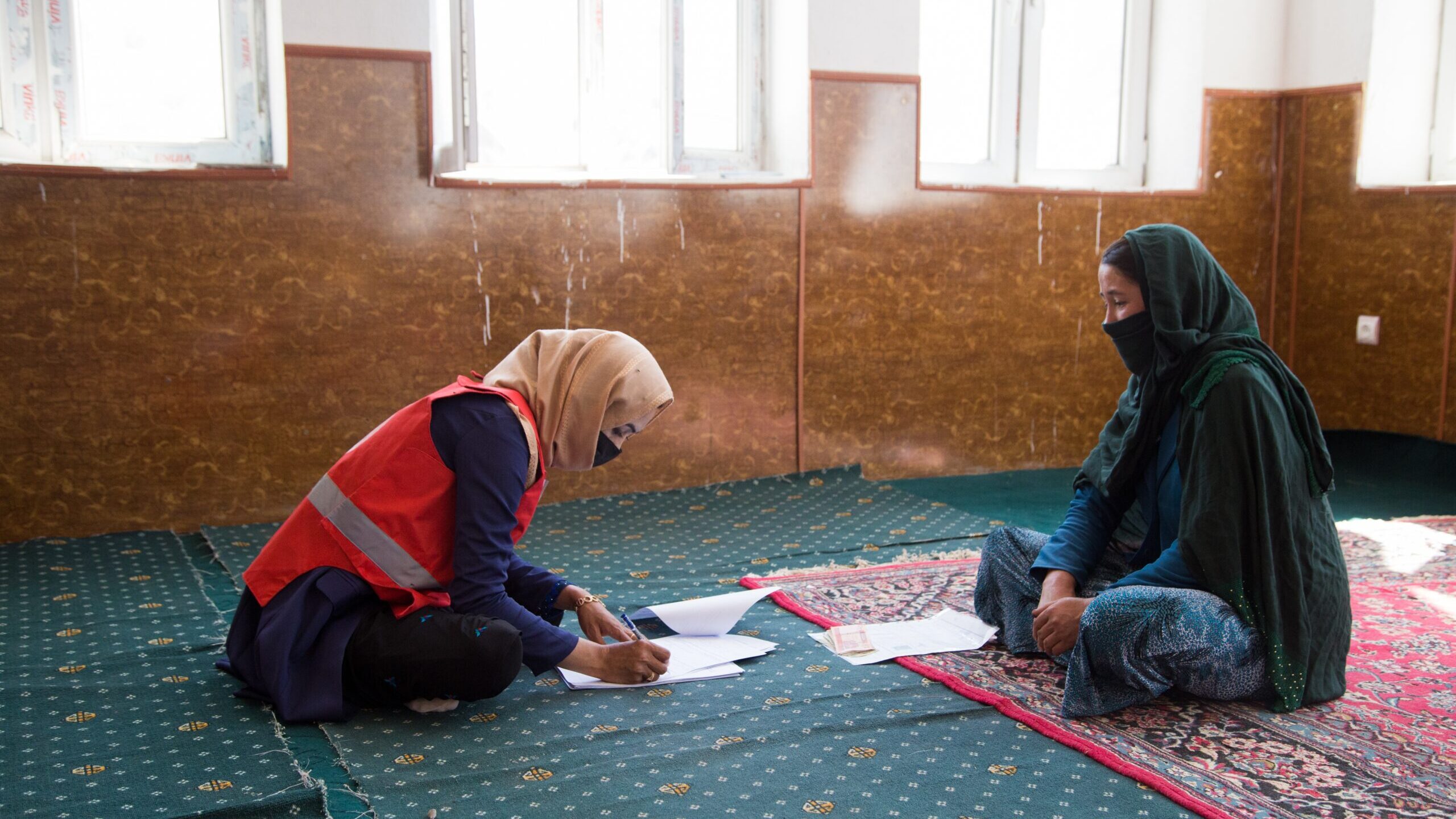
Implementation of social science research approaches
5
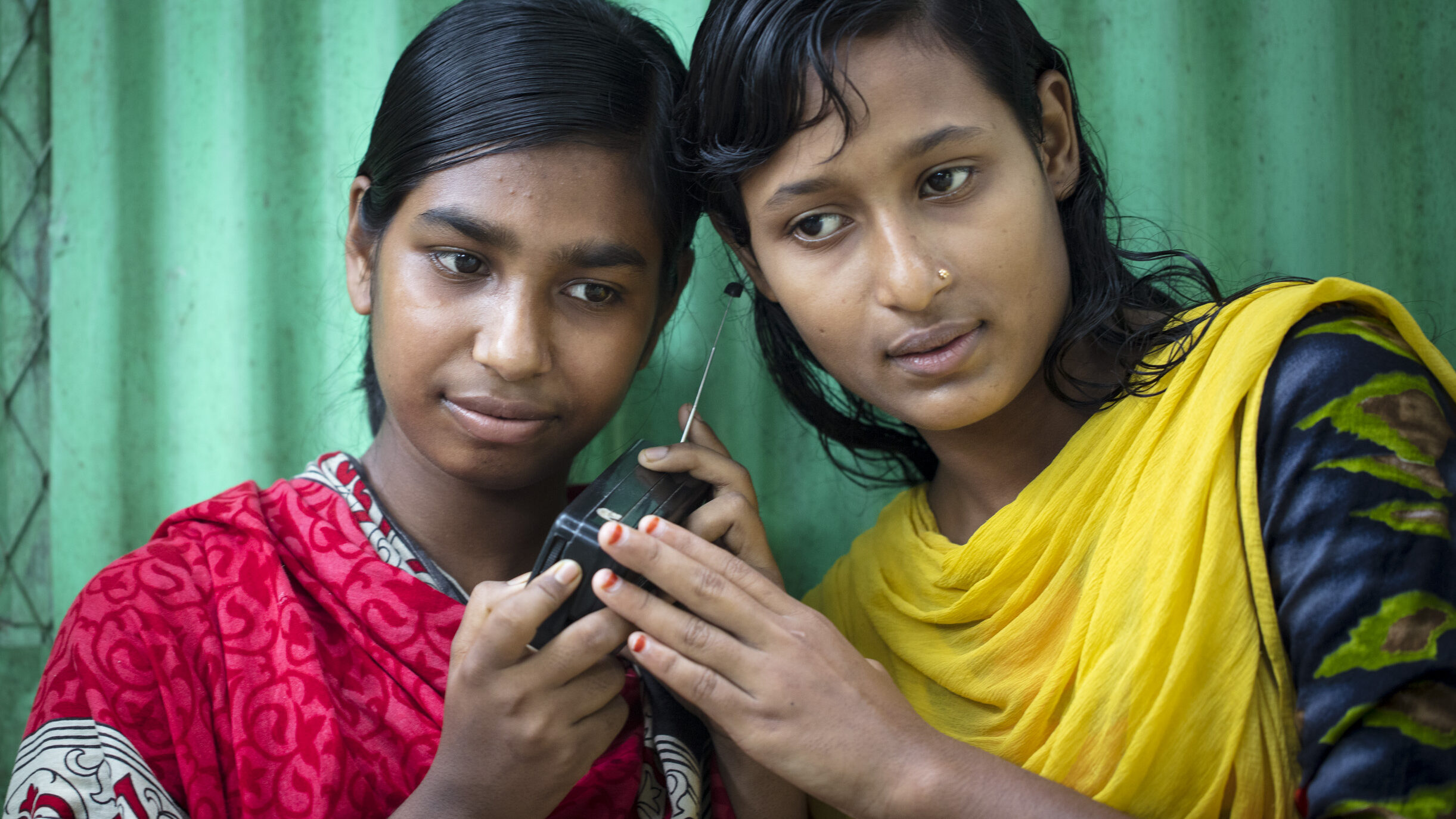
Evidence synthesis, interpretation and dissemination
6
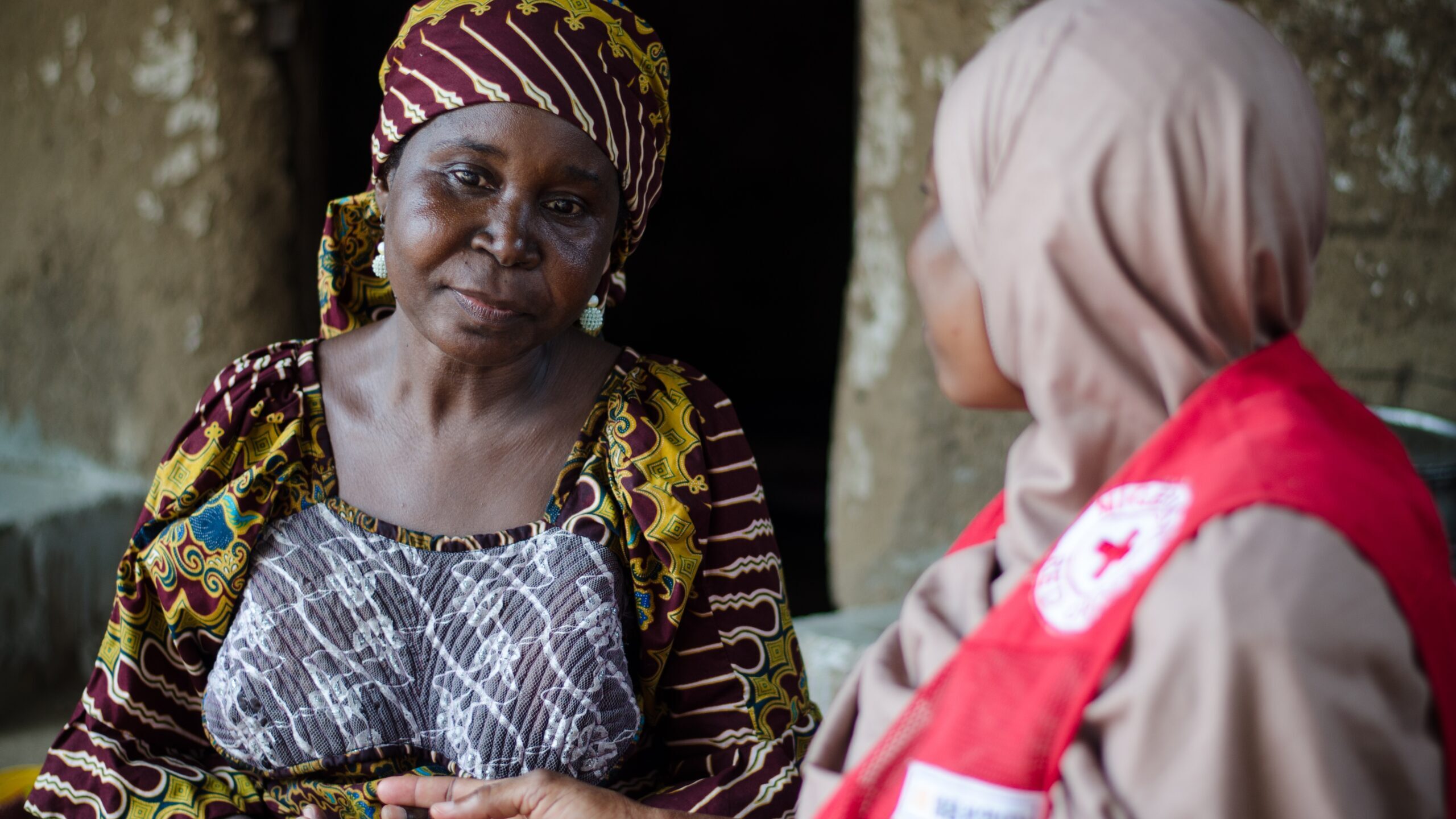
Translating knowledge to action
7
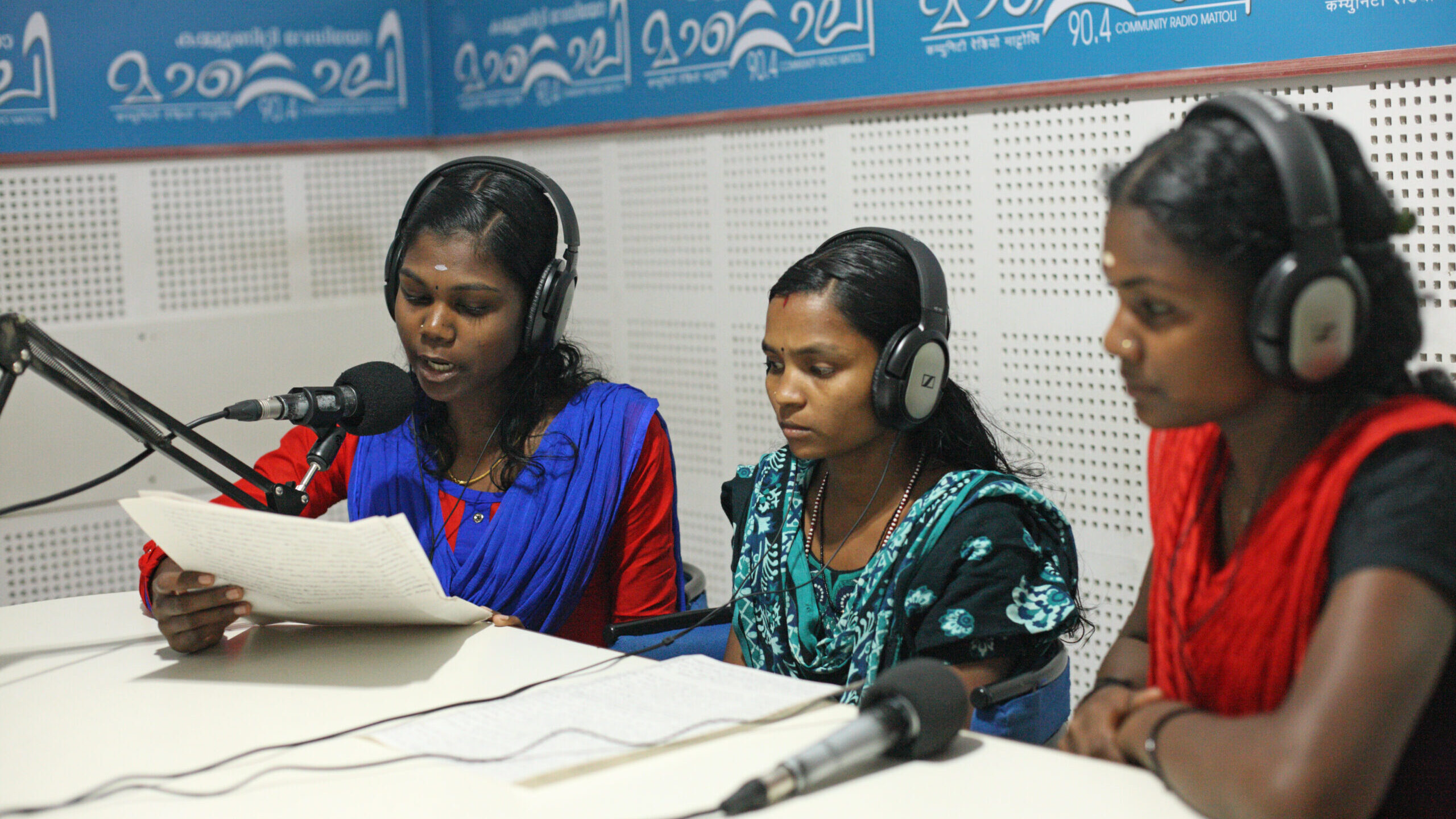
Tracking the uptake of socio-behavioural evidence
Contact
Maureen McKenna
Global Coordinator
The Collective Service
Acknowledgement
Development of this training package was led by Anthrologica for the Collective Service. The content was co-produced with partners from the Social Science in Humanitarian Action Platform (SSHAP), the Institute of Development Studies (IDS), Translators Without Borders (TWB), Médecins Sans Frontières (MSF), London School of Hygiene and Tropical Medicine (LSHTM), the International Federation of Red Cross and Red Crescent Societies (IFRC), the Rapid Research Evaluation and Appraisal Lab (RREAL) at University College London (UCL), UNICEF’s Social Science Analytics Cell (CASS), UNICEF’s Social Science for Community Engagement (SS4CE) team, the Centers for Disease Control (CDC), Oxfam and READY at Johns Hopkins University (JHU). Sincere thanks are also extended to the United Nations Volunteers (UNVs) who assisted with reviewing translated materials.

